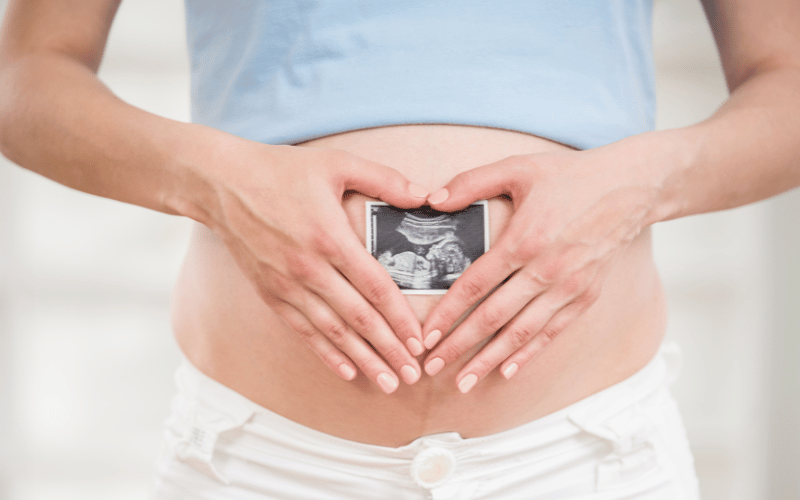6. The Controversial Factor: Impact of Pregnancy on Femoral Hernia

Pregnancy brings about a multitude of changes in a woman’s body, including increased susceptibility to femoral hernia. The reasons are manifold: hormonal shifts, increased abdominal pressure, and anatomical changes. However, the relationship between pregnancy and femoral hernia isn’t as straightforward as one might think.
Firstly, it’s a subject of debate among medical researchers. While some studies show a clear correlation, others argue that pregnancy does not significantly increase the risk. What is clear, however, is that the third trimester poses the greatest risk due to the added weight and pressure on the pelvic region.
Secondly, the diagnostic process during pregnancy is a delicate matter. Routine imaging tests like X-rays are generally avoided due to potential risks to the fetus. This complicates the diagnosis, leading to a reliance on physical examinations, which can be inconclusive given the changes the body undergoes during pregnancy.
Interestingly, femoral hernias have been known to masquerade as complications related to pregnancy. Some women mistake the symptoms for round ligament pain, a common but harmless condition during pregnancy. This misdiagnosis can lead to delays in appropriate care, increasing the risks for both the mother and the baby.
The consensus remains elusive, making it all the more critical for expecting mothers to be aware of the symptoms and potential risks. Pregnancy might not definitively cause femoral hernia, but it undeniably complicates its diagnosis and management, demanding heightened vigilance. (6)